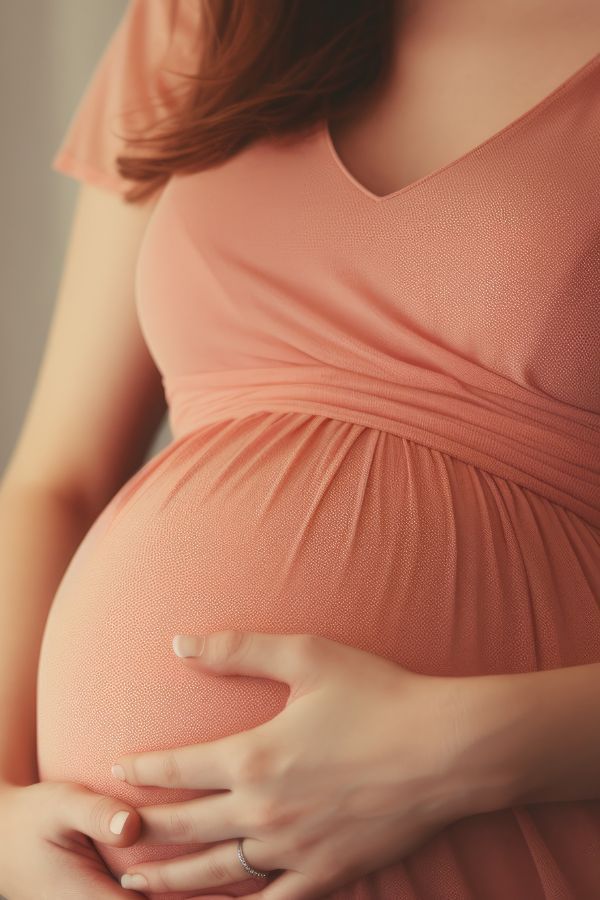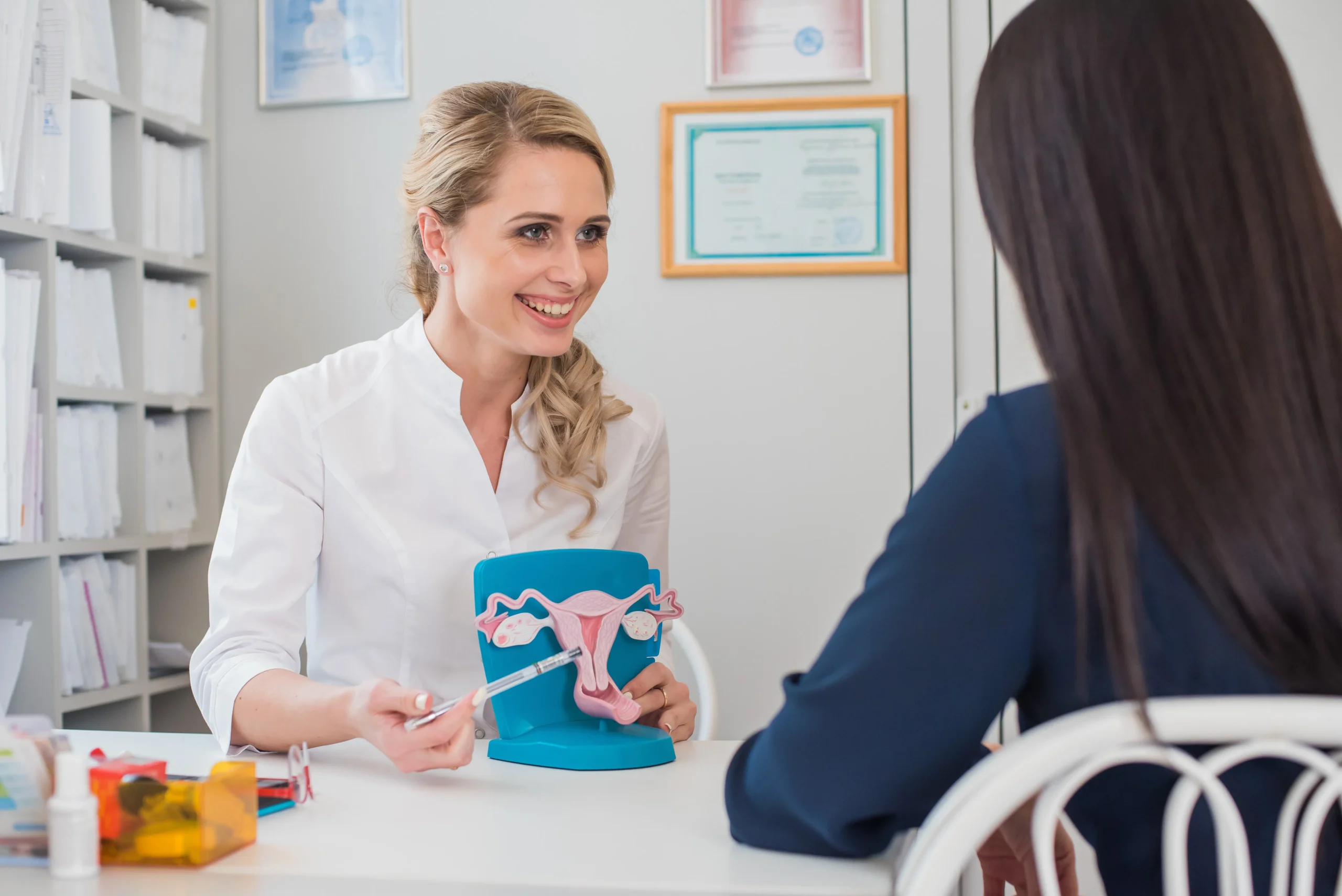Insemination involves direct injection into the uterine cavity of specially prepared semen taken from a partner or anonymous donor. Semen is administered through a thin catheter, which allows it to bypass the barrier of cervical mucus and the antibodies, bacteria and fungi in it. Insemination is performed during natural ovulation or hormonally stimulated ovulation. The effectiveness of insemination is, according to various estimates, from 10 to 25% per cycle, depending on the woman’s age, the quality of her partner’s semen and the number of ovarian follicles obtained during stimulation.
AtGyncentrum Clinic, we perform intrauterine insemination with the semen of the partner or an anonymous donor, along with beta hCG determination 14 days after the procedure. In addition, we use the innovative Fertile Chip sperm selection method, which allows us to select the sperm with the highest potential for fertilization.










